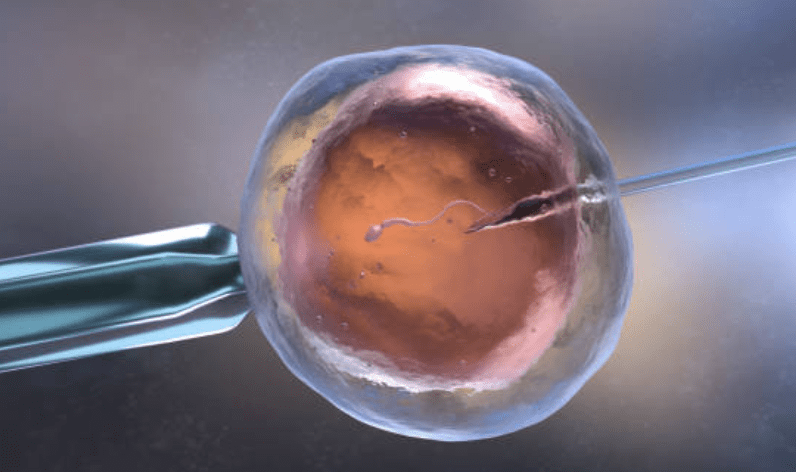

A bill moving through the General Assembly would protect those who provide fertility treatment in Delaware. (Photo by iLexx/iStock Getty Images)
A new bill would dispel the fears of potential repercussions for medics providing in vitro fertilization, commonly known as IVF, which takes mature eggs from ovaries and fertilizes them with sperm in a lab.
About 90,000 babies are conceived through this process each year in the U.S.
House Bill 374, sponsored by Rep. Kendra Johnson, D-Bear, would legally protect medical professionals who provide fertility treatment, even if their services are deemed illegal in another state, as long as they are legal in Delaware.
It also prohibits health care providers from disclosing communications and records concerning fertility treatment without the patient’s authorization in any civil action or proceeding.
HB 374 would protect health care providers from out-of-state civil actions relating to fertility treatment that is legal in Delaware.
Insurance companies would be prohibited from taking any adverse action against health care professionals who provide fertility treatment and services.
Sen. Nicole Poore, D-Delaware City, was the legislator who spoke most when the bill was presented to the Senate Judiciary Committee Tuesday.
She said the bill was personal to her.
In an emotional testimony, she shared the struggles of infertility she and her husband faced when trying to conceive their first child.
“27 years ago, as my husband and I were in our very early 20s, things that came easy to most people, pregnancy should have been one of those things,” she said. “It was not for my husband and I and Billy, being a good partner and a committed partner, walked hand-in-hand with me through the fertility procedures, many ups and downs, many disappointments, many months of infertility.”
She said she traveled to state after state in order to find somebody that could help them through insurance practices, and in Jan. 1999, she was able to deliver their first baby.
“Delaware must ensure that families are not punished simply for seeking to fulfill their dreams of having children, and that practitioners are not punished for assisting them,” she said.
Senate Majority Leader Bryan Townsend, D-Newark, pointed to how emotional and powerful of a day he and other legislators experienced when a law passed a couple years ago ensuring IVF coverage for state employees.
“There’s occasional times where people still send us emails with photos of their new loved ones that are part of their world now because of it, and it only happens because people advocated, and the most important advocacy is sharing the personal story like you just did,” he told Poore.
Representatives from the Delaware Department of Insurance, Planned Parenthood of Delaware, League of Women Voters Delaware, American College of Obstetricians and Gynecologists Delaware and Medical Society of Delaware all gave public comments in support of HB 374.
Senate committees do not take a public vote on bills, but instead sign the bill with their vote, which is usually posted on the General Assembly website a few hours after the meeting ends.
If released by committee, the bill will reach its final step on the full Senate floor, and then will be ready for Gov. John Carney’s signature if it passes the Senate.


Raised in Doylestown, Pennsylvania, Jarek earned a B.A. in journalism and a B.A. in political science from Temple University in 2021. After running CNN’s Michael Smerconish’s YouTube channel, Jarek became a reporter for the Bucks County Herald before joining Delaware LIVE News.
Jarek can be reached by email at [email protected] or by phone at (215) 450-9982. Follow him on Twitter @jarekrutz and on LinkedIn
Share this Post







